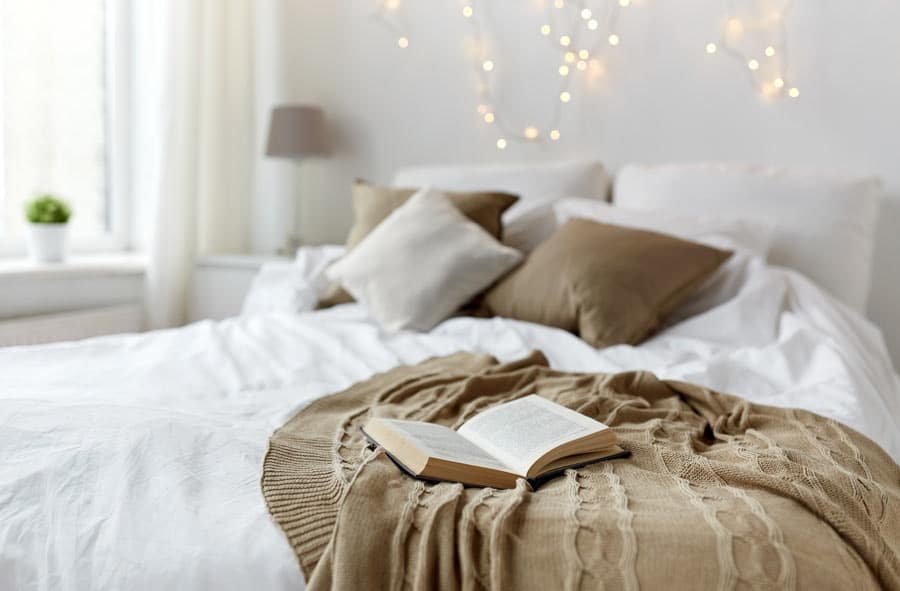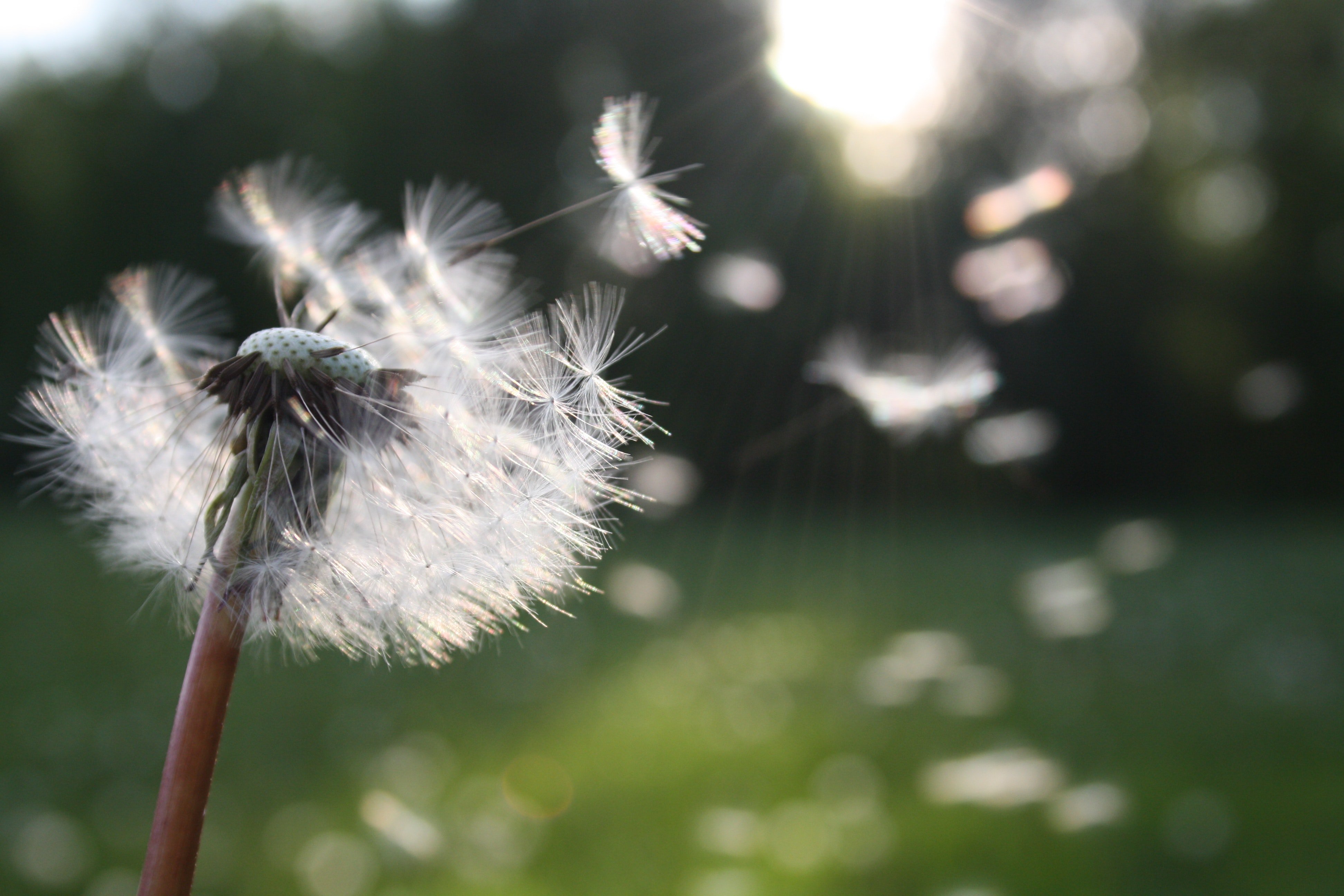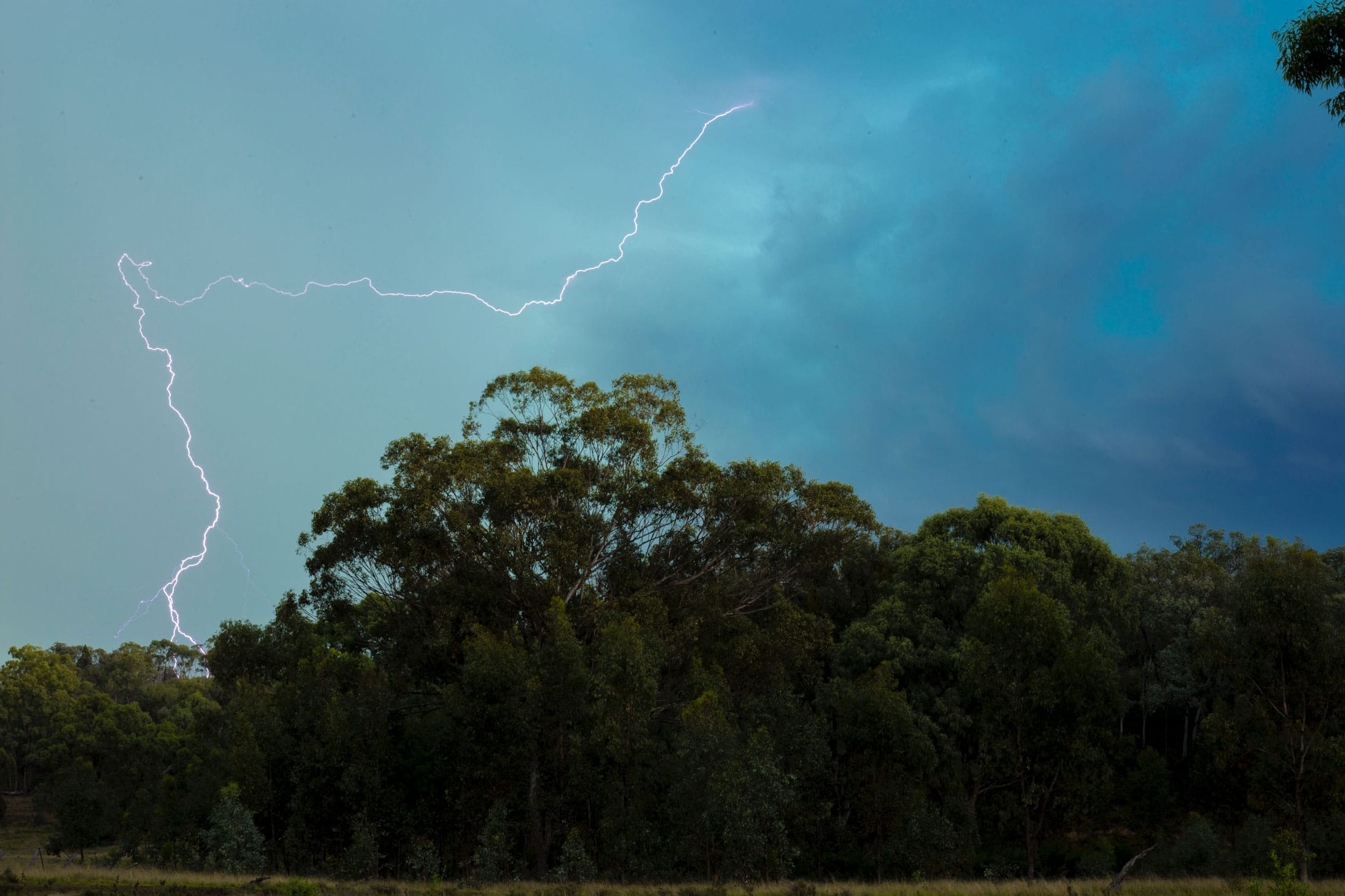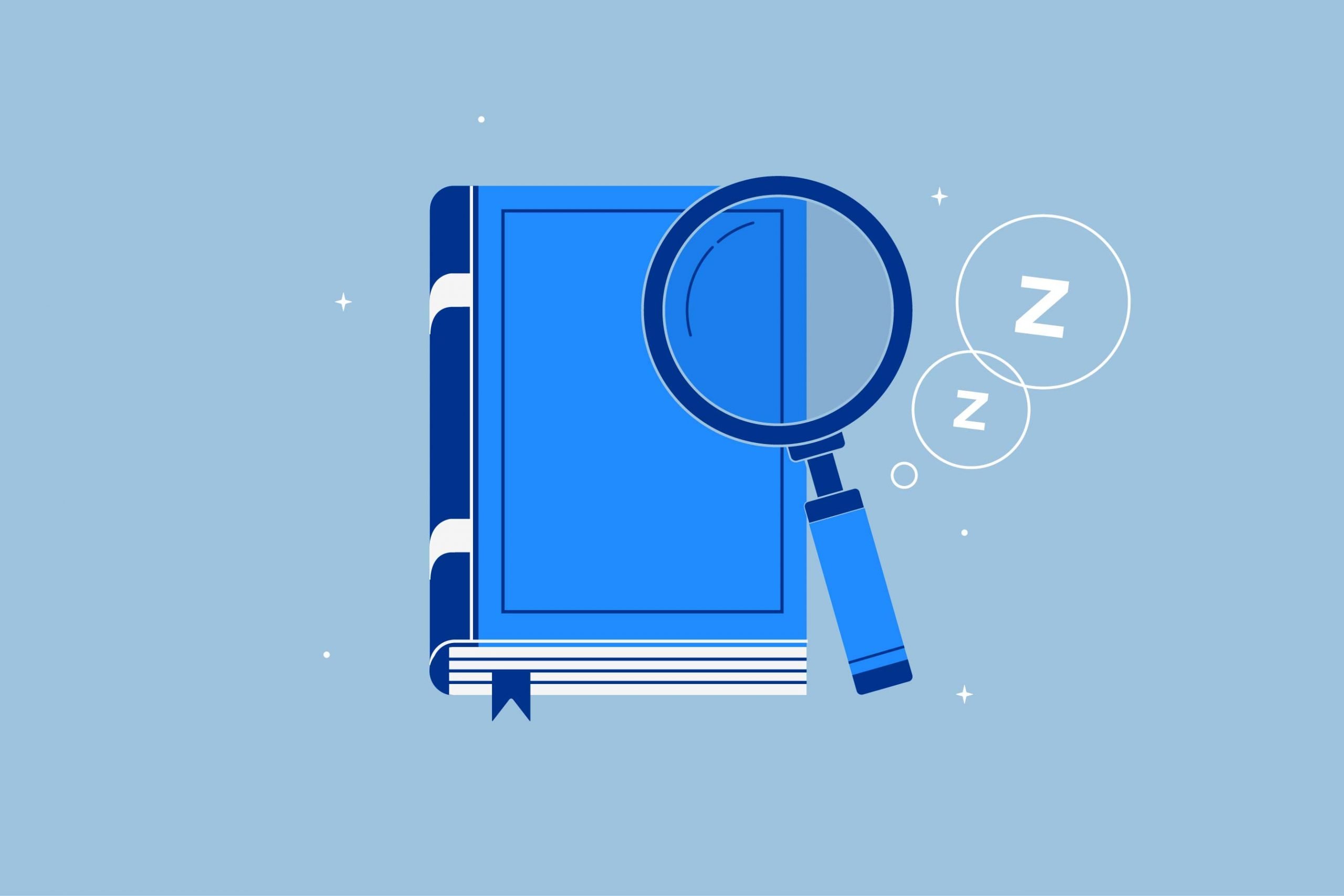Key Takeaways
- Seasonal Changes and Sleep: Various weather elements such as temperature, humidity, and light can significantly influence sleep patterns. For instance, shorter daylight hours during fall and winter can affect mood and disrupt sleep-wake cycles, potentially leading to symptoms of Seasonal Affective Disorder (SAD). On the other hand, the cooler ambient air of winter can aid in facilitating deep sleep.
- Weather-Related Challenges: Extreme weather conditions, such as hot and humid summers or noisy storms, can hinder the quality of sleep. High temperatures and humidity levels may lead to discomfort and difficulty in falling asleep, while stormy weather can create anxiety and disrupt slumber. Furthermore, changes in atmospheric pressure and temperature have been associated with increased pain levels in individuals with conditions like arthritis and migraines, potentially affecting sleep quality.
- Mitigating Factors and Solutions: Understanding the influence of weather on sleep can help individuals implement strategies to enhance sleep quality. Practicing healthy sleep habits, maintaining a regular sleep schedule, creating a comfortable sleep environment, and adopting relaxation techniques can all contribute to better sleep despite the weather conditions.
Have you ever noticed that different times of year or certain weather patterns influence how you feel or how well you sleep?
Though many aspects of achieving good sleep are under our control, one often-overlooked factor is the outside environment. Changes to temperature, atmospheric pressure, humidity and precipitation influence us in many ways, both positive and negative.
When it comes to sleep, learning about the weather’s influence can be helpful for preparing for and mitigating tiredness.
Winter is a particularly important season in this regard. While the cooler, drier air does yield some benefits, the atmosphere and changes to sun cycles can play a significant role in sleep quality. Changes in spring, summer and fall also affect us in different ways.
Read on to see how the weather influences your sleeping habits and what you can do to get better rest.
Shorter Days Can Affect Your Biochemistry
As the days get shorter during fall and winter, we see less and less sunlight. This is especially true when you find yourself rising before sunrise or not leaving work until it’s dark outside.
Vitamin D is important for serotonin production, and serotonin is important for many functions including our sleep-wake cycles. Our main source of vitamin D is sunlight, meaning when we don’t get sunlight we miss out. Research has shown that a lack of sunlight can increase feelings of depression and fatigue and increase carb cravings as serotonin levels are affected.
Lower vitamin D levels have been associated with greater daytime drowsiness, and changes in light-dark cycles can also affect when your body releases melatonin making you feel tired earlier or later than usual.
If you work indoors, make it a point to get several minutes in the sun on a break or in the morning when possible. If you can’t get outside regularly, than work near a window. In one study, Verified Source American Journal of Clinical Sleep Medicine (JCSM) Monthly medical journal focused on sleep medicine. View source office workers who sat near windows received higher white light exposure and also slept better than those who didn’t have windows nearby.
The effects of winter can also be more serious. The condition called Seasonal Affective Disorder occurs when symptoms of depression become clinical and show clear fluctuations between fall/winter and spring/summer. Research also links SAD Verified Source National Library of Medicine (NIH) World’s largest medical library, making biomedical data and information more accessible. View source with reduced sleep efficiency and less slow-wave sleep. SAD is more commonly diagnosed among women and in northern latitudes, and is treated with white light therapy and pharmaceuticals.
Cooler Air Helps You Sleep Better

Temperature plays an important role in the onset of sleep and circadian rhythms. As your body prepares to get drowsy and sleep, your internal temperature dips slightly Verified Source National Library of Medicine (NIH) World’s largest medical library, making biomedical data and information more accessible. View source and stays lower until a few hours before wakeup time. (Your core temperature takes a slight dip around lunchtime as well, also making you feel drowsy.)
Research says that cooler ambient air supports the body’s natural deep sleep process. The ideal room temperature for rest is between 60 and 70 degrees, Verified Source National Library of Medicine (NIH) World’s largest medical library, making biomedical data and information more accessible. View source depending somewhat on personal preference, clothing, and bedding. Cooler temperatures often prove much more achievable in winter months thanks to cooler outdoor air.
You could multiply this temperature drop effect by taking a warm bath one to two hours before bed, taking off extra layers or cuddling for a few minutes before retreating to a cool bed.
Hot, Humid Air Makes It Harder to Sleep
While cool temperatures make sleep more comfortable, the summer’s hot and humid ambient air can do the opposite. Verified Source National Library of Medicine (NIH) World’s largest medical library, making biomedical data and information more accessible. View source Feeling hot and sticky is not only physically uncomfortable, it can prevent your body from settling into deep sleep and reaping the good hormones released in deeper stages of rest.
Aside from cranking up the air conditioning, using ceiling fans and opening windows at night can help cool your room.
Also, don’t eat too close to bed, as digestion ups body temperature slightly. Using lightweight, natural fiber bedding and pajamas can help air circulation as well.
Storms Disrupt Your Slumber
Gentle rainfall provides a calming, white noise effect at night, a primary reason why rain can make you sleepy. However, noisier storms can wake you up or make it harder to fall asleep. Thunderstorms and bad weather can also create plenty of anxiety as well.
Light and sound factor into the sleep environment, so it’s easy to see how loud claps of thunder and bright flashes of lightening can be bothersome. White noise machines or apps and eye masks could help, as could relaxation techniques like deep breathing or guided imagery.
Obstructive sleep apnea, the condition characterized by disrupted breathing during sleep, may also be affected by stormy weather to some extent. A study from the Journal of Clinical Sleep Medicine Verified Source National Library of Medicine (NIH) World’s largest medical library, making biomedical data and information more accessible. View source found that the severity of symptoms increased with lower atmospheric pressure associated with weather systems. Links between thunderstorms and asthma Verified Source Oxford Academic Research journal published by Oxford University. View source have also been documented, perhaps due to increases of pollen in the air.
Weather Changes Can Be Painful
Changes in barometric pressure, temperature and humidity can influence pain levels for those with joint and nerve pain and make getting comfortable harder.
For example, colder weather and rising barometric pressure seem to be correlated with increased arthritis pain according to a Tufts University study and a Dutch study Verified Source National Library of Medicine (NIH) World’s largest medical library, making biomedical data and information more accessible. View source found higher humidity also appeared to play a role. On the other hand, falling barometric pressure, extreme temperatures and humidity are associated with increased migraines Verified Source Mayo Clinic Ranked #1 hospital by U.S. News & World Report and one of the most trusted medical institutions in the world. The staff is committed to integrated patient care, education, and research. View source in sensitive individuals.
Researchers aren’t entirely sure why people experience more pain during certain weather conditions, but pain has been shown to affect sleep in numerous studies. Verified Source National Sleep Foundation Nonprofit focused on educating about sleep health. View source Some common pain medications contain caffeine and other stimulants, which also influence quality of sleep.
Certain Seasons Bring Allergies and Illnesses

Each season brings new allergens, from tree and grass pollen in spring and summer to autumn ragweed and even higher indoor exposure to dust mites in the winter. As if the stuffy nose, itchy eyes and sinus irritation wasn’t enough to keep you up at night, antihistamines can also affect rest. Though antihistamines tend to cause initial drowsiness, they may actually impair overall sleep quality and make parasomnias like sleepwalking more likely.
During the winter, we also see spikes in colds and flus, the side effects of which can also make sleep uncomfortable. Elevated body temperatures, increased snoring, and coughing can make sleep more restless, and several types of cold medicines can have you wired instead of tired. WebMD says common culprits include pseudoephedrine and diphenhydramine. Cough syrups with alcohol can also impair deep sleep cycles.
In cold climates where indoor heating is on often, a humidifier on low could also be a helpful addition to your bedroom since dry indoor air can bother sinuses (and make you more susceptible to germs).
For many of the topics above, the research into exactly why or how weather and seasons affect rest is still in its early stages. There is much yet to be learned about what the body and brain do during rest and how the biology behind sleep works.
What we do know is that sleep is a complex process that relies on the individual as well as the environment, and that both proves important. Studying the effects of weather is yet another path to increasing our understanding and figuring out how we can optimize healthy sleep.
So, next time you find yourself tossing and turning as a storm approaches or feeling fatigued on short winter days, try taking a look at the influence of outside factors in addition to your bedroom and sleep habits.
Working with the controllable factors that we know help sleep is one way to lessen effects. Keep bedrooms dark and cool, bedding comfortable, inside humidity moderate, and stick to a regular sleep-wake schedule to help support your natural circadian rhythms. Take some to evaluate your sleeping area, too. The best mattress for better sleep will provide just the right amount of comfort and support. Plus, knowing a few relaxation techniques like ambient sounds and guided relaxation can also prove helpful when weather rears.
Does the weather affect your rest? Does lower or higher temperatures help you sleep better?
About the author
Rosie Osmun, a Certified Sleep Science Coach, brings a wealth of knowledge and expertise to the health and wellness industry. With a degree in Political Science and Government from Arizona State University College of Liberal Arts and Sciences, Rosie's academic achievements provide a solid foundation for her work in sleep and wellness. With over 13 years of experience in the beauty, health, sleep, and wellness industries, Rosie has developed a comprehensive understanding of the science of sleep and its influence on overall health and wellbeing. Her commitment to enhancing sleep quality is reflected in her practical, evidence-based advice and tips. As a regular contributor to the Amerisleep blog, Rosie specializes in reducing back pain while sleeping, optimizing dinners for better sleep, and improving productivity in the mornings. Her articles showcase her fascination with the science of sleep and her dedication to researching and writing about beds. Rosie's contributions to a variety of publications, including Forbes, Bustle, and Healthline, as well as her regular contributions to the Amerisleep blog, underscore her authority in her field. These platforms, recognizing her expertise, rely on her to provide accurate and pertinent information to their readers. Additionally, Rosie's work has been featured in reputable publications like Byrdie, Lifehacker, Men's Journal, EatingWell, and Medical Daily, further solidifying her expertise in the field.
View all posts






